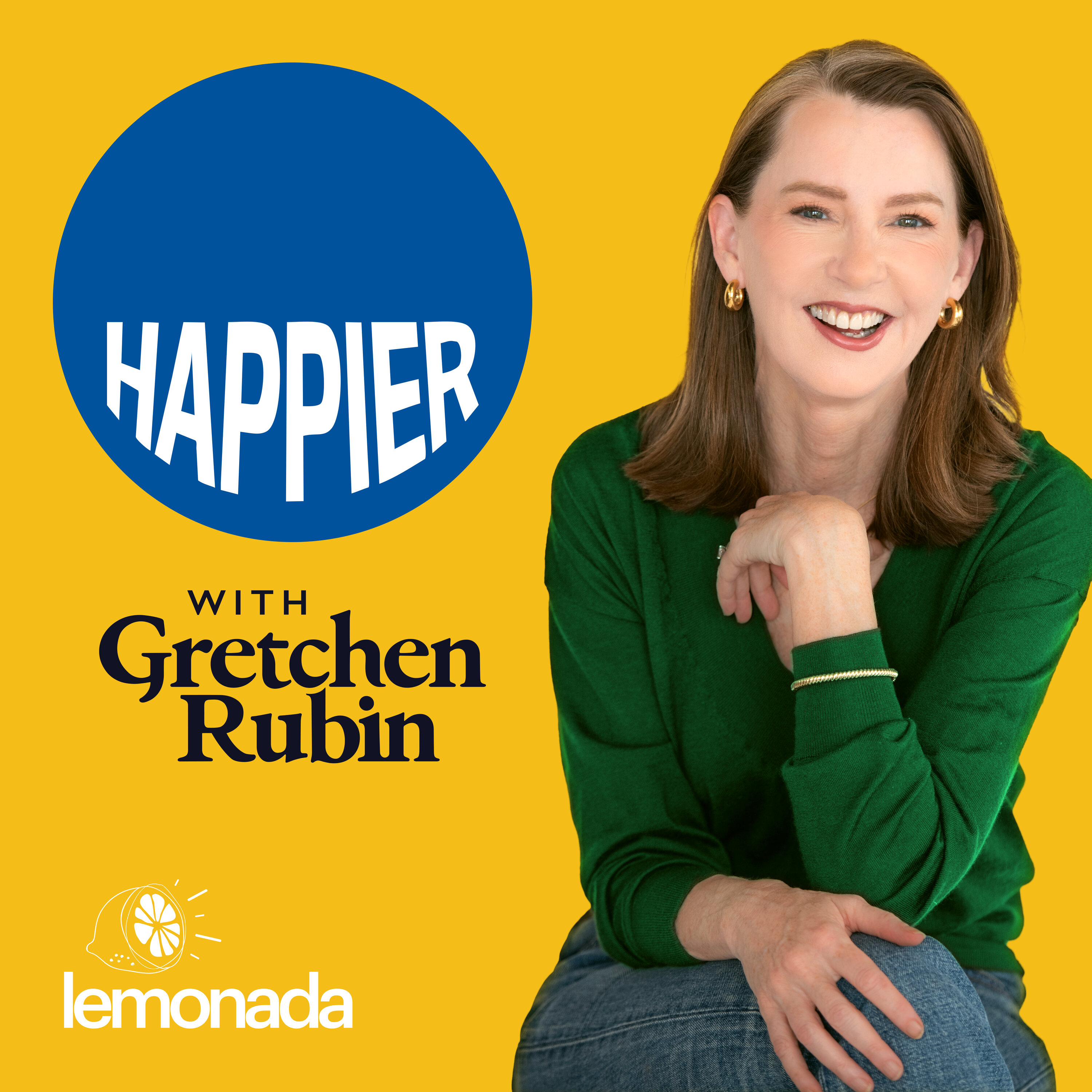
I often talk about my love of children’s literature and young-adult literature. I’m in three children’s literature reading groups, and I read often from this section of the bookstore and library.
I made a list of my 81 favorite works of children’s literature (you can download it here), and of course, included on that list is the wonderful 1951 novel by Sydney Taylor, All-of-a-Kind Family. This is the story of five sisters who live with their parents in the Lower East Side of New York City in the early 1900s. They’re called “all-of-a-kind” because they’re all sisters. The book is a wonderful portrait of Jewish immigrant life.
They have all sorts of childhood adventures—they do household chores, they prepare for the holidays like Passover and Purim, Sarah loses a library book, the two youngest sisters go buy candy together.
Now, one thing for me, as I read these books now, is that while I enjoy them just as much as I did as a child, of course I understand them differently. Because I bring more to them, I get more out of them.
And as an adult, I’m much more aware of the economic circumstances of this family. When I read this book as a child, although I never really analyzed it, this family seemed secure and prosperous. Papa had his shop that they’d visit, Mama had her parlor full of beautiful things they had to keep dusted, they had delicious meals and lots of parties, they go to the beach at Far Rockaway, they have firecrackers on the Fourth of July.
But as an adult, I see that their lives were more difficult. They lived in the crowded tenement section of New York City; their father ran a junk shop; they had a big family crowded into few rooms.
Most of the novel is told from the perspective of the children, but every once in a while, the narrative shifts, and readers get a glimpse into what the parents were thinking, and about their adult concerns.
There’s one passage that didn’t interest me as a child, but really struck me when I recently re-read the book for the fiftieth time.
In the chapter “Papa’s Birthday,” the five sisters decide that for the first time, they would buy a present for their father’s birthday. They saved their allowance pennies so they had 35 cents to spend.
They go to Mr. Pincus’s bargain store, and after much debate, they choose a gift. “It was the most wonderful cup and saucer they had ever seen…It was made of lustrous pink and white china and on its front, raised gold lettering marched proudly uphill to spell out the name ‘FATHER.’”
This wonderful cup even has a narrow ledge across one side, to keep a man’s mustache from getting wet.
The girls are thrilled with their choice. They can’t wait for their father to get home.
He’s tired when he gets home, gives them a weary smile, washes up, and joins them at the table.
The chapter continues, with an explanation of Papa’s thoughts as he considers his gift.
One of our greatest luxuries and chief delights is the ability to give. And this father realized that even though their family had very little money, this was a luxury they could afford.
